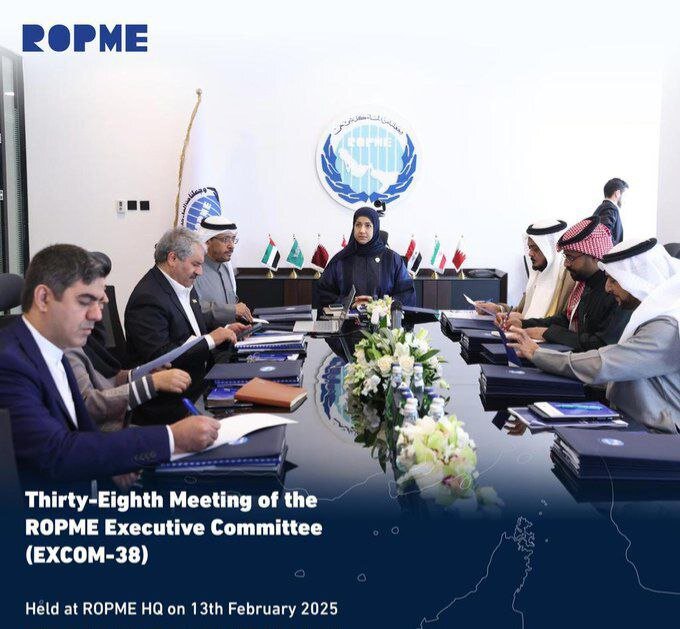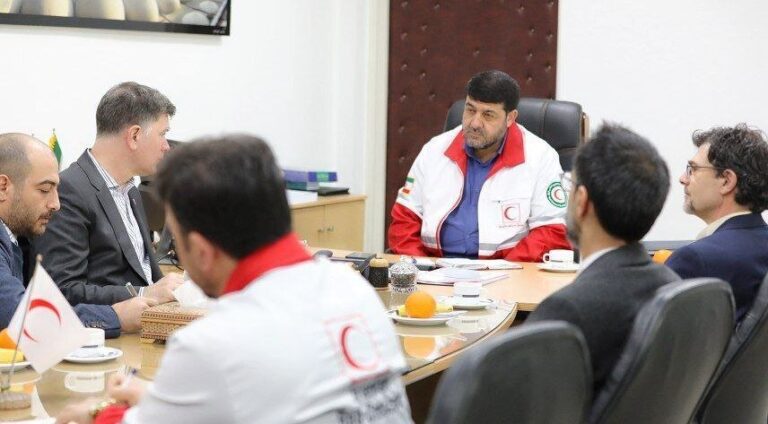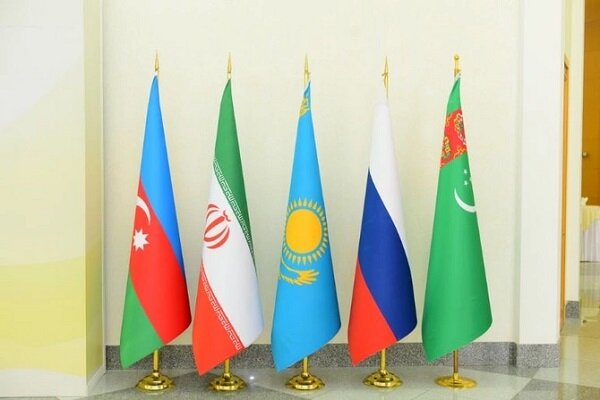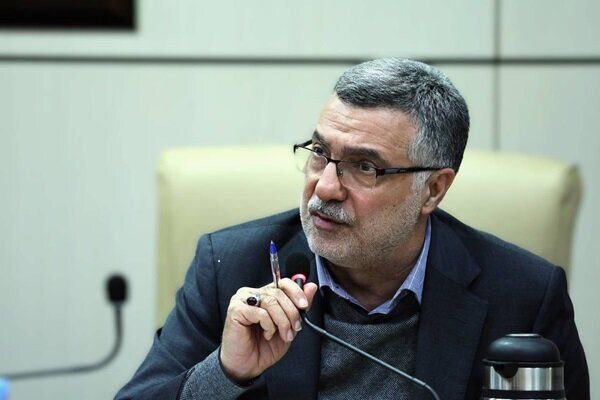Tehran Urges ROPME to Integrate Sustainable Development Strategies into Strategic Plan
In a significant move to address environmental challenges, Iran has proposed the inclusion of combating sand and dust storms (SDSs) into the strategic plan of the Regional Organization for the Protection of Marine Environment (ROPME). This proposal was made during the 38th executive committee meeting (EXCOME 38), which took place on February 13 in Kuwait. Ahmad-Reza Lahijanzadeh, a key official from the Department of Environment (DOE), represented Iran at this crucial gathering.
During EXCOME 38, participants engaged in discussions centered around the strategic plan, focusing on three main axes:
- Persian Gulf pollution
- Climate change
- Preservation of biodiversity
Additionally, it was agreed that Iran’s proposal will be further explored in expert meetings, as reported by ISNA. Ahmad-Reza Lahijanzadeh emphasized that even if SDSs are not officially recognized as the fourth axis of the strategic plan, they will still be integrated into discussions surrounding climate change.
The committee also reviewed the decisions made during the 37th executive committee meeting. Key topics included:
- The general framework of the executive plan for 2025
- Administrative, financial, and technical programs of the ROPME Secretariat
- Several initiatives aimed at achieving sustainability in the ROPME Sea Area (RSA)
It was decided that ongoing virtual meetings would be held to further develop the strategic plan, according to Lahijanzadeh.
On the sidelines of the meeting, Iranian and Kuwaiti officials engaged in discussions regarding joint marine issues. The meeting was chaired by Mohamed bin Mubarak Bin Dainah, the Kuwaiti Minister of Oil and Environment and Special Envoy for Climate Affairs. He underscored the importance of enhancing regional cooperation to protect the marine environment, stating that such collaboration among member states is vital for advancing environmental sustainability and tackling challenges that threaten marine resources.
At the previous 37th executive committee meeting of ROPME, held on January 29, 2024, Iran had requested assistance from ROPME in establishing a regional center for biodiversity. Mojtaba Zoljoodi, another official from the DOE, remarked, “We have been cooperating with ROPME for the protection of the marine environment of the region for more than 40 years.”
He went on to highlight the efforts made to prevent and manage marine pollution and conserve the unique marine environment. “However, it’s time to adopt a new approach to tackle these issues more seriously,” he stated.
According to Zoljoodi, one of the most effective strategies is the implementation of a road map, which serves as a document delineating the strategic direction and facilitating the achievement of environmental goals. “Fortunately, this strategic plan has been developed with the guidance of ROPME and collaboration from all executive committee representatives,” he added.
He concluded by stating, “We have approved the prepared document with only minor amendments, and it was submitted to ROPME prior to the meeting. We hope it will be accepted by other member states.”
This proposal by Iran marks a crucial step in addressing the pressing issue of sand and dust storms, which have significant implications for both the environment and public health. As climate change continues to exacerbate these challenges, regional cooperation is more important than ever.
ROPME’s commitment to enhancing collaboration among its member states is essential for developing effective policies and strategies to combat these environmental threats. By integrating SDSs into the strategic plan, ROPME will be taking proactive measures to protect the region’s marine environment while also addressing the impacts of climate change.
As the discussions progress, the hope is for all member states to recognize the importance of this issue and work collectively towards sustainable solutions that benefit not only the environment but also the communities that depend on these vital marine resources.
Moving forward, the emphasis on joint efforts and shared responsibility will be crucial in navigating the complexities of environmental challenges in the region. Through continued dialogue and cooperation, ROPME aims to foster a more resilient and sustainable marine ecosystem for future generations.






